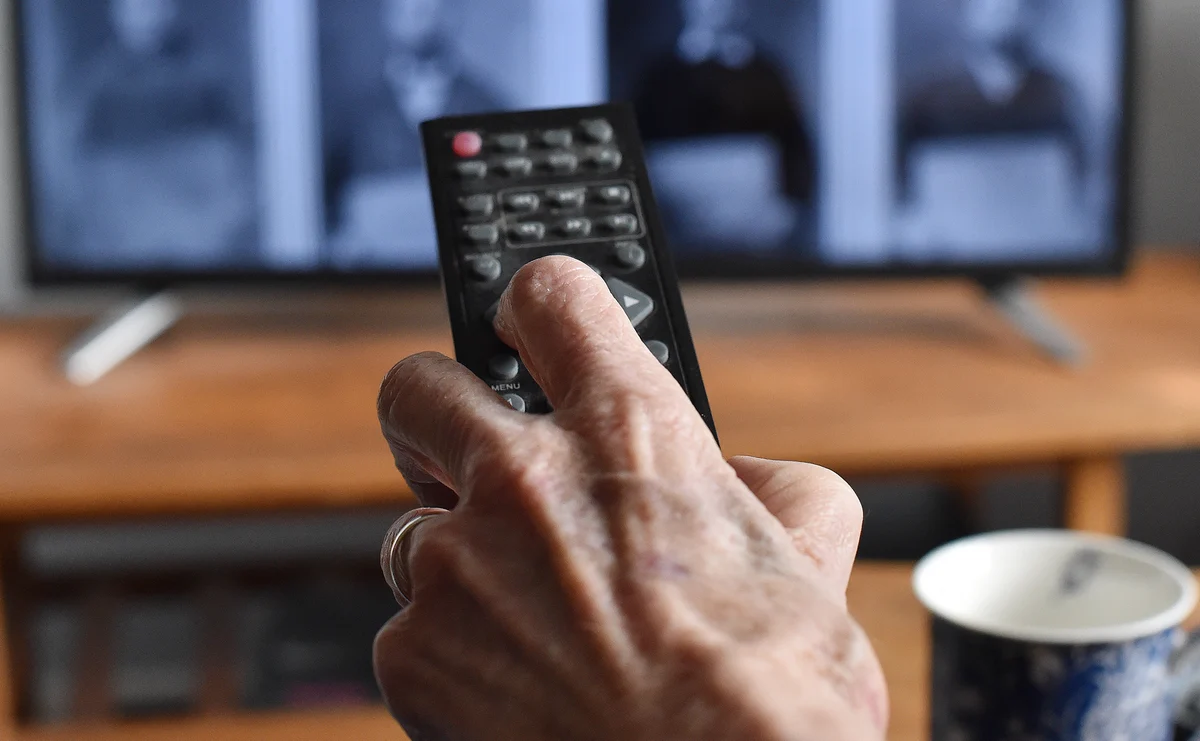Copyright standard

A grieving woman left bedbound and battling mental health struggles after the death of her mother has been convicted of not keeping up with TV Licence payments. The 43-year-old told a court she is battling depression, chronic fatigue, and sleep deprivation which have left her “confused” and unable to manage household bills. She was visited by a TV Licensing agent in July when payments had not been received, and admitted watching Friends on Comedy Central that day. The woman, from Bradford, told the agent that she was unaware her direct debit for the £174.50 annual fee had stopped when she switched banks. In a powerful note to the court when she was prosecuted, the woman set out details of a recent bereavement and the impact it has had on her ability to cope with daily life. “The last nine months I have been suffering with really bad depression after my mum died suddenly, work bullying, and general anxiety disorder and chronic fatigue syndrome and migraines, which has left me sometimes confused, no sleep, breakdowns, and unable to effectively manage anything in my life, or check things are in place, or even get out of bed for weeks”, she wrote. The woman continued that she is now “better prepared to deal with things like finances and house and bills” after medical help, and told the court she has set up regular TV Licence payments. She added that the error came when she “thought that the direct debit was set up”, and explained: “I had problems with my bank and started using a different bank. I thought all the direct debits got transferred and that the direct debit had paid it up for the quarter or six months.” The prosecution came through the controversial Single Justice Procedure (SJP), a fast-track court process which happens behind-closed-doors and deals with the vast majority of all TV Licensing criminal cases. The system is under government review after The Standard’s investigation revealed how magistrates are pressured to deal with SJP cases quickly, the system lacks basic transparency, and vulnerable people are routinely given convictions over unpaid household bills, even when they are in hospital, under mental health care, or incapacitated through dementia or cancer. It has also been revealed that prosecutors, such as TV Licensing, do not routinely see mitigation letters which are sent to the SJP courts, unless a magistrate decides to specifically adjourn the case for further consideration. The BBC told the government it is content with this existing process, but suggested that it could be improved if magistrates use their power to refer cases to prosecutors more frequently when there is important mitigation that could affect the public interest in proceeding. TV Licensing opted to bring a prosecution against the woman in August, and told the court she had not been offered an chance of an out-of-court settlement as she was “previously advised that you may be prosecuted if you were found to be using a TV receiver in the future without a licence”. The agency says it brings criminal cases as an option of “last resort”, after efforts are made in writing to encourage TV users to pay for a licence. Last month, BBC director general Tim Davie told BBC Breakfast that he supports the current system of enforcement for unpaid TV Licences, which includes criminal prosecution and can – in extreme cases – lead to a prison sentence. “I do approve of enforcement. And actually, when you talk to most people who are paying their licence fee, they would say if people are evading the licence fee, it should be enforced”, he said. He went on: “I do think for the vast majority of people watching, who we’re there to serve, and this is what we get when we talk to people, they’ll say, we must make sure that actually those people who should be paying, are paying. That’s fair.” In the woman’s case, she was prosecuted in a private court session at South Shields magistrates court. The magistrate imposed a criminal conviction, but opted to give her an absolute discharge instead of a fine. The Labour government closed a consultation on reform of the SJP system in May, and has not yet acted on the responses. The Single Justice Procedure continues to sit each week, unreformed, dealing with thousands of low-level criminal cases.



